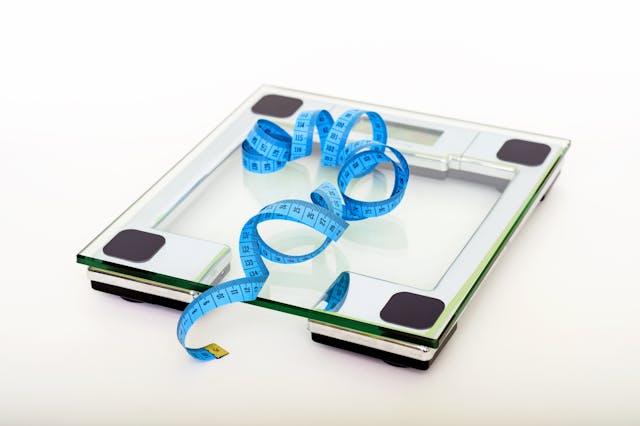The diet starts Monday, right? If the quest to lose weight seems to be taking over your life, you’re not alone. Diet culture has millions of people in its grip and has been pervasive for many years. The 90s, especially, were a pretty damaging period when it came to people’s ideas and thoughts surrounding body image, body fat, and the ideal body shape.
However, it’s never too late to break free from the cycle of diet culture and finally establish some health habits that can empower you in your weight loss journey and enable you to stick to your goals for a healthier body weight.
If you’ve tried everything and want to revamp your weight loss approach, these tips can help.
Ask Yourself Why
Asking yourself how you want to lose weight is a good idea. Is it because you think you need to for aesthetic reasons? Is it because you want to fit in a particular size of clothing? Feel more confident? Because it impacts your health and physical abilities? Everyone has different reasons why they want to lose weight, and understanding these reasons can be the key to staying on track and give you a more tangible goal to work towards rather than a number on the scale.
Understand Your Body
Knowing your body and how your weight fluctuates each day can help you improve your relationship with your body and those numbers on the scale. Body weight can fluctuate day to day for multiple reasons. One day, you might have eaten more salt in your diet than usual, resulting in increased water retention, eaten later in the day meaning you’ve not fully digested your last meal, worked out later, you had a bad night’s sleep, or drunk a lot more water than usual. For females, it might be that you are starting your menstrual cycle too.
It’s not just what you eat that can impact your weight but many things in your day-to-day life. Prior to starting a weight loss journey, it can be a good idea to track your weight on a daily basis and write down your day’s activities to see how your weight changes and the different things that can impact it. From here, you can use this information to help you avoid becoming discouraged once you do start reducing your calorie intake and working towards losing weight.
Body Fat
Your body is made up of more than body fat, and tying into the above point, understanding this can enable you to look past the scales and see your true weight loss efforts for what they are. It takes 3500 calories on top of your maintenance calories to put on 1 lb of body fat.
And the same is true for losing weight, too. You need to cut down your caloric intake by 3500 to lose 1lb of fat. If your weight fluctuates frequently, it’s highly likely not body fat but water retention which is a temporary increase in body water. So when you pose the question, ‘How Much Weight Can You Lose In A Week?‘ You need to know that it’s not all going to be body fat; it can be water weight, and there is a real possibility that even if you’re not losing too much weight, you are still cutting body fat.
Track Your Food And Exercise
Tracking food and activity levels is a crucial part of a successful weight loss journey. It’s a good idea to weigh yourself prior to weight loss efforts to give yourself a base or start form and make changes. You need to look at what you are eating before your new calorie deficit phase, the type of food and caloric amounts of the food you usually eat. From here, you should find out how many calories your current weight needs to enter a calorie deficit to lose weight or maintain your weight. Online calorie calculators can be helpful as they will work out what you should be aiming for based on your weight, height, gender and city levels.
You also need to track your steps and any workouts you might be doing to help you see what habits support your outer goals while ensuring you’re more active. Never use activity to increase calories to replace those burned off through exercise. Exercise should be something you do to boost fitness, mental health, and mobility, not something to enable you to eat more.
These tips are some basic actions and knowledge that can support you as you work towards weight loss goals. Changing your mindset, tracking your food and exercise, and understanding your body can be great tools to help you move in the right direction and give you better, longer-lasting results.
